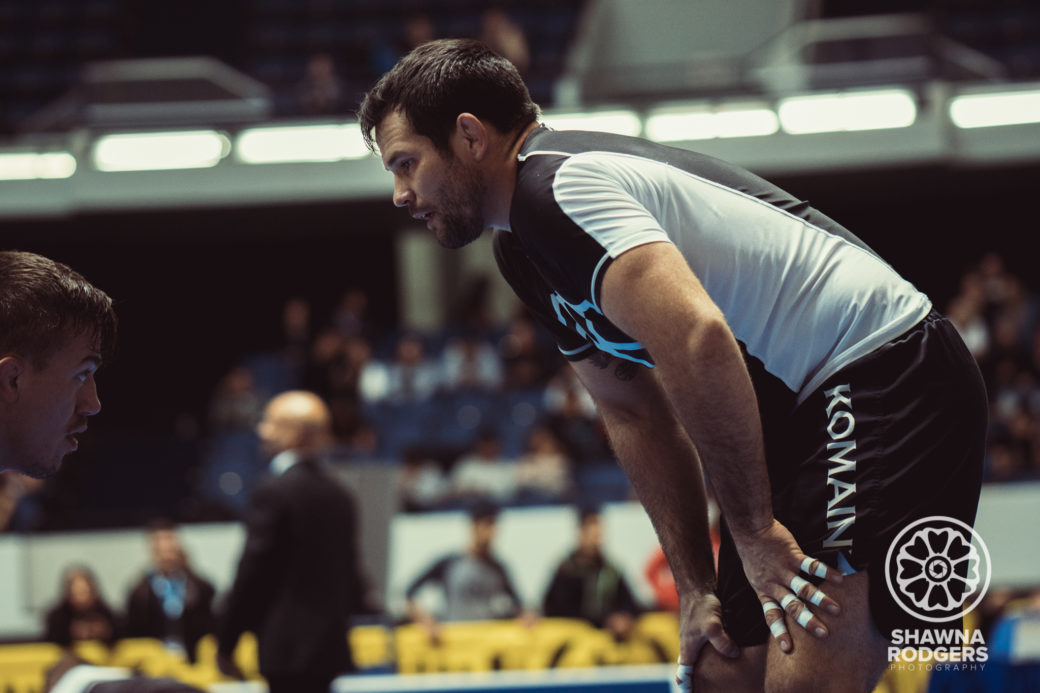I’ve had a few parents privately contact me in the last few years about their son or daughter having to lose weight to fit in a certain weight class. Many times, it seems that there is a need to lose weight to compete in a specific weight class so that the talent is spread out and all the top wrestlers have a spot on the varsity team. I understand the need to fill a full and competitive team, but there is a line that shouldn’t be crossed when trying to fill the roster with your best wrestlers.
The history of weigh ins have changed with time. Competitions gave wrestlers a larger time gap to recover from weigh-ins. Sometimes 36 to 48 hours were given between the weigh in and competition time. This has changed and now most tournaments only allow weigh-ins to take place on the same day as the competition. However, this hasn’t kept the coaches or wrestlers from taking weight loss to an extreme.
In 1997, 3 college wrestlers died during the wrestling season, and there was a strong correlation to losing significant amount of weight and their death. A very sad time in the history of college wrestling. However, as a result, weight classes were changed, body fat composition tests were implemented in conjunction with urine hydration tests to ensure that wrestlers could only lose a certain amount of weight per week. The duration between weighing in and competition was also reduced. Instead of weighing in a day or the night before, people now weight in a few hours before a dual meet or the morning of a tournament. For a while there seemed to be less weight cutting going on, but as the wrestlers and coaches learned the “system” they began to figure their way around the safety measures.
Needless to say, weight cutting through extreme weight loss and dehydration is still a big problem in wrestling. While most people are in agreement that there is no correlation to performance as a result of weight cutting, people continue to do it because they need to “help the team” or “be stronger than others.” Unfortunately, the body composition and hydration tests are simple waivers of liabilities for the school and coaches in case there is a serious problem. I feel the tests are no longer there to protect the safety and health of the wrestler but instead protest the school district, coach, and interscholastic federations from any liability to injury that could be associated with extreme weight loss. And to be quite honest with everyone…. How many schools are actually taking accurate body fat tests and not cheating the hydration tests? Let’s not pretend everyone is being honest here….
The solution is simple. Close that gap between weigh-in and competition. Weighing-in 5 minutes before the first match of the day. If it is a dual meet then it’s one match before you compete, and if it’s a tournament then maybe it’s three matches. This simple change in closing the gap would lead to the prevention of extreme dehydration and weight loss. People will eventually realize that there is little to no “hacking” when weigh-ins are immediately followed by competition.
Some will argue that there is no time to get ready to compete after weigh-ins. That is wrong. Wrestlers should have to weigh in with all of their competition clothing, including singlet, headgear, and shoes. If they plan to compete with their knee taped up then they should decide if they want to spend the 5 minutes before their match taping their knee or taking into account the extra .3lbs the tape might weigh. Yes, this would be a mess for the first season or two, but there are other sporting events that have successfully implemented the pre-first match weigh in method. Brazilian Jiu Jitsu is one sport. It would take a few wrestling coaches or the high school interscholastic federation to go and study the existing operations of a jiujitsu tournament and implement the weigh-in protocol to wrestling. The only way for an athlete to perform well with this type of weigh-ins would be through a proper diet. Hopefully coaches will understand this and invest in educational programs that teach student athletes and parents about nutrition, healthy eating, and exercise.
Eliot Kelly
